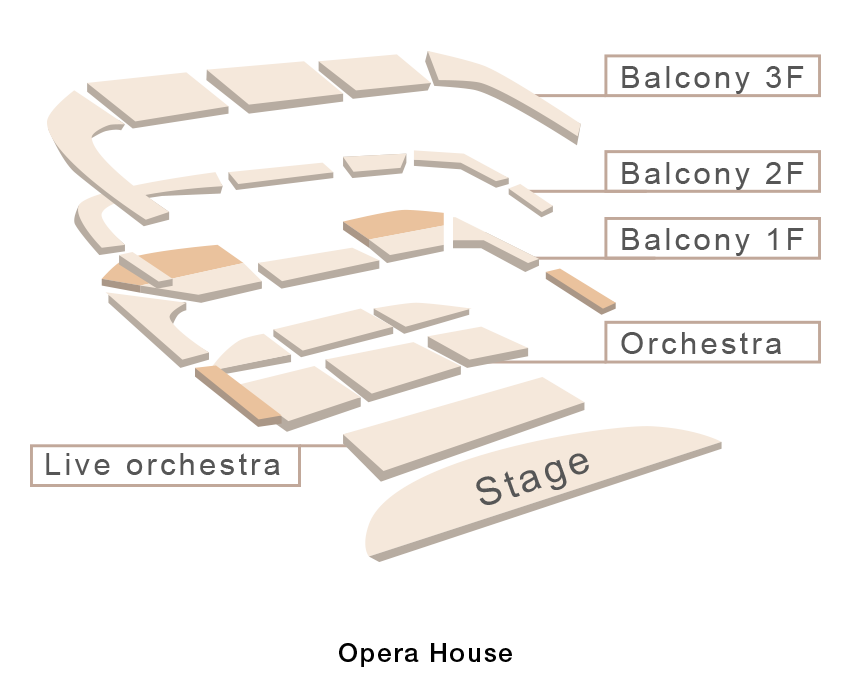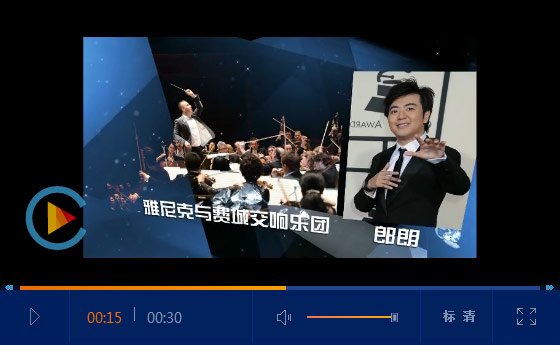Schaubuehne
The Schaubuehne was founded in 1962. Since 1999 it has been led by artistic director Thomas Ostermeier. The foundation of his tenure was laid in the formation of a new ensemble of permanently employed actors, who essentially have been working together ever since, regularly extended by new appointments.
The Schaubuehne premieres a minimum of ten shows per season alongside a repertoire of over 30 existing productions. Starting from the concept of an ensemble theatre, the actors, dramatic characters and situations of a play take centre stage at the Schaubuehne.
One of the theatre's distinctive features is a stylistic variety in approaches to directing, which includes new forms of dance and musical theatre. The search for a contemporary and experimental theatre language which focuses upon storytelling and a precise understanding of texts - both classical and contemporary - is a unifying element. The repertoire encompasses the great dramatic works of world literature alongside contemporary plays from internationally renowned writers which, with over 90 world and German premieres during the past 13 years, have been a key component of the theatre's work.
The search for new dramatic forms has benefited from a lively international exchange which has regularly brought the Schaubuehne and its ensemble into close contact with other theatrical traditions. Alongside directors from Berlin such as Ostermeier, Michael Thalheimer, Armin Petras, Patrick Wengenroth, Falk Richter and Marius von Mayenburg, the Schaubuehne frequently offers a platform in Berlin to notable directors from abroad. Currently productions by Milo Rau, Simon McBurney, Romeo Castellucci, Katie Mitchell, Rodrigo García, Yael Ronen and the choreographer Constanza Macras are being shown at the theatre. At the same time, the Schaubuhne showcases its productions abroad in over 100 performances every year: whether at big international theatre festivals like the Festival d'Avignon, the Salzburg Festival, the Athens and Epidaurus Festival, the Festival Internacional de Buenos Aires (FIBA), the Istanbul Festival and the Territorija Festival in Moscow; or as guest performances at theatres around the world including in New York, Paris, Amsterdam, Rome, Quebec, Sao Paulo, London, Moscow, Oslo, Ramallah, Melbourne, Ottawa, Taipei, Tel Aviv, Seoul, Rennes, Barcelona, Adelaide, Tokyo, Prague, Sydney, Montreal and Beijing.
Every spring since 2000 the Festival of International New Drama (F.I.N.D.) has given internationally renowned theatre makers the opportunity to show their work at the Schaubuehne. The recent focus has been upon writer-theatremakers who write and direct their own work or substantially develop existing dramatic material. Since 2011 F.I.N.D. has been complemented by the 'F.I.N.D. Plus' workshop programme which is a forum for acting, directing and dramaturgy students from several European countries.
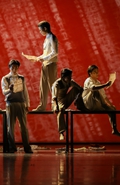 Repertoire
Repertoire
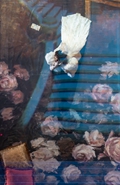 Films
Films
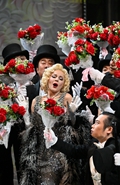 Videos
Videos
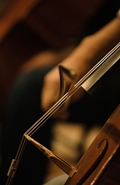 Podcast
Podcast
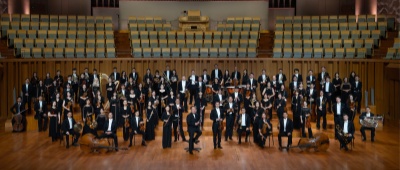 China NCPA Orchestra
China NCPA Orchestra
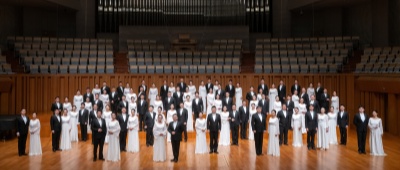 China NCPA Chorus
China NCPA Chorus
 NCPA Resident Singers
NCPA Resident Singers
 NCPA Drama Ensemble
NCPA Drama Ensemble
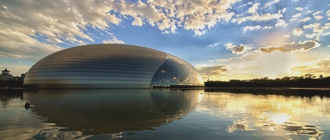 Buildings
Exhibitions
Buildings
Exhibitions
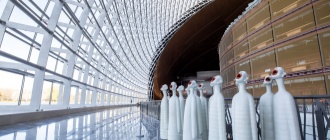 Opening Hours
Services
Opening Hours
Services
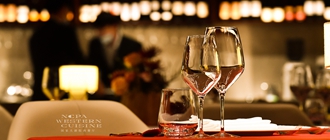 Western Cuisine
NCPA Café
Arts Gifts
Western Cuisine
NCPA Café
Arts Gifts







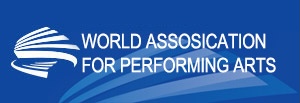
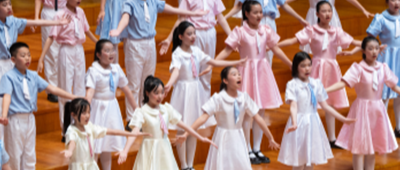
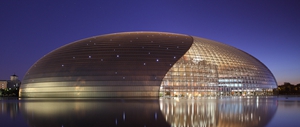









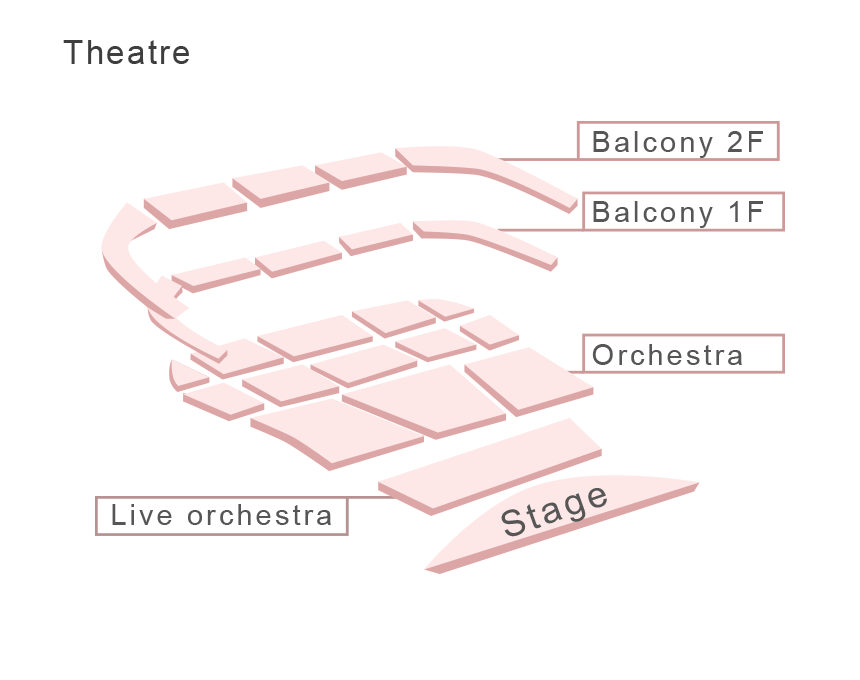 戏剧场
戏剧场
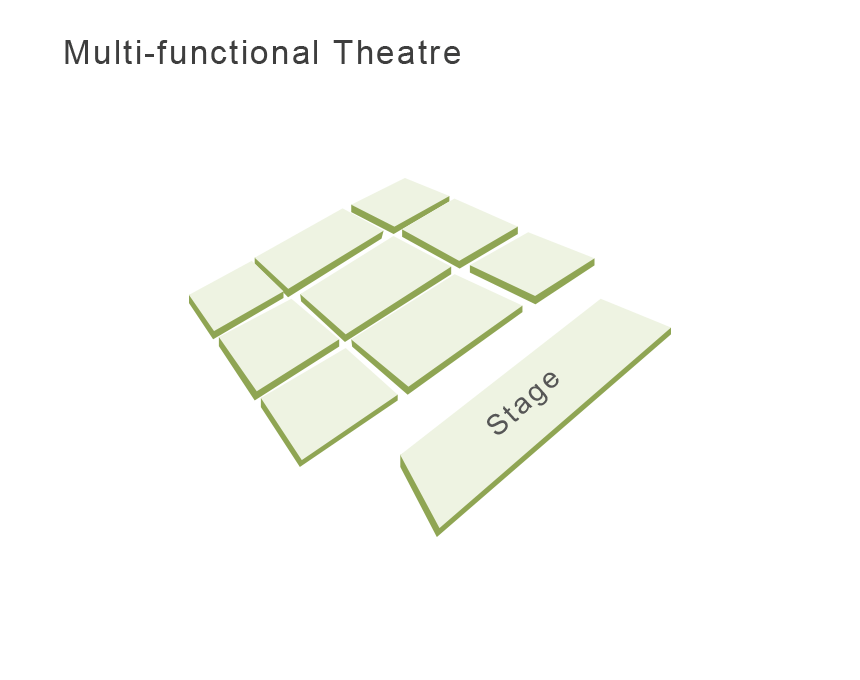 小剧场
小剧场
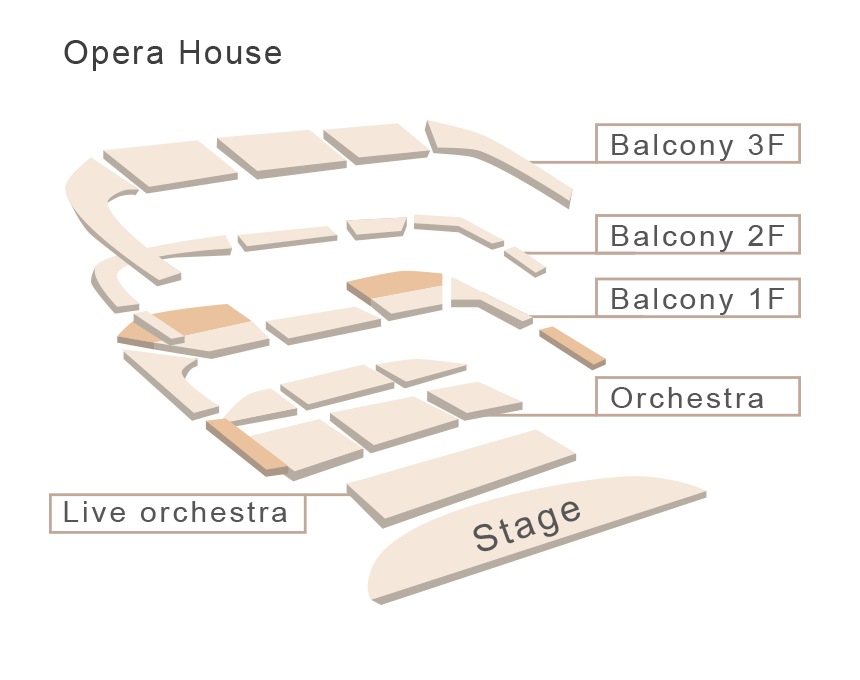 歌剧院
歌剧院
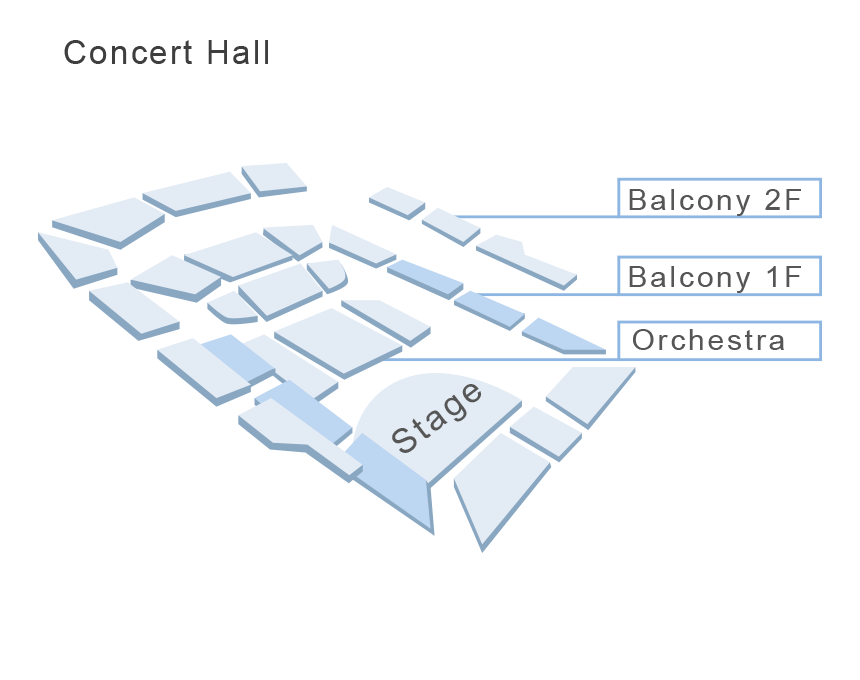 音乐厅
音乐厅











